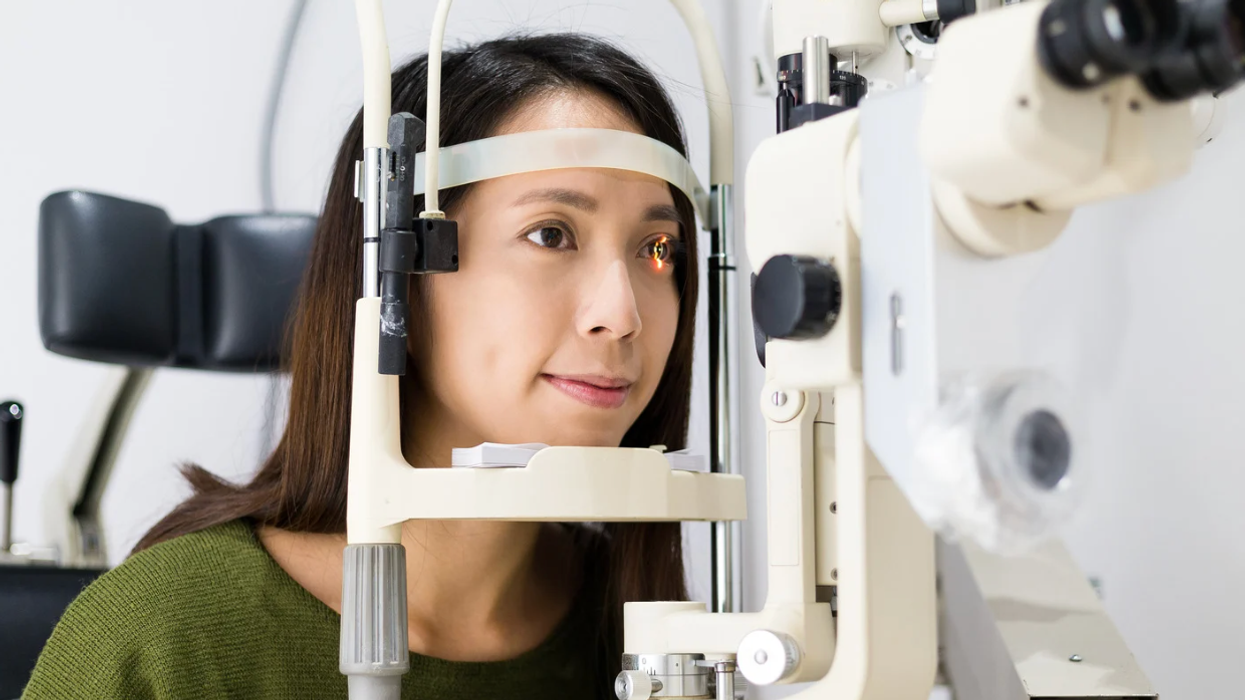Anti-vaxxers are literally a plague upon society.
Thanks to them, highly contagious diseases such as measles, tuberculosis, and mumps are making a big comeback.
In fact, measles was thought to be eradicated in the US back in 2000 but there has been over 1200 cases in the U.S. this year.
"The reason measles is coming back is that a critical number of parents have chosen not to vaccinate their children,'' said Paul Offit, director of the Vaccine Education Center at Children's Hospital of Philadelphia, told USA Today.
"If you get to a few thousand cases, you'll start to see children die of measles again," Offit continued.
Ninety-two percent of U.S. children have received the MMR vaccine, while that number seems high, the number of children under two who haven't received any vaccinations has quadrupled in the last 17 years.
RELATED: A new study of over 650,000 children finds — once again — that vaccines don't cause autism
"More and more we're seeing people opting out of vaccinations out of a feeling they're in some way dangerous, which is absolutely and completely untrue,'' Judd Hultquist, assistant professor of infectious diseases at Northwestern University's Feinberg School of Medicine, told USA Today.
Anti-vaxxers' biggest fear is that vaccinations cause autism.
However, over 140 peer-reviewed articles published in specialized journals that document the lack of a correlation between autism and vaccines. Earlier this year, a study of over 650,000 children in Denmark found that the MMR vaccine didn't increase the risk of autism in children.
Even though anti-vaxxers spread contagious diseases because of their deeply-held, but incorrect, beliefs they want to be taken seriously.
RELATED: Anti-vaxxers cursed at ER staff who helped their son because he was 'isolated' to protect others
The aptly-named anti-vaxxer group Crazymothers made an appeal to the media on Twitter asking to start referring to them as "Vaccine Risk Aware."
"Dear Media," the open letter read. "Please retire the use of the term 'Anti-vaxxer.' It is derogatory, inflammatory, and marginalizes both women and their experiences. It is dismissively simplistic, highly offensive and largely false. We politely request that you refer to us as the Vaccine Risk Aware."
Dear Media,
Please retire the use of the term “Anti-vaxxer." It is derogatory, inflammatory, and marginalizes both women and their experiences. It is dismissivemy simplistic, highly offensive and largely false. We politely request that you refer to us as the Vaccine Risk Aware. pic.twitter.com/WtAyFOhLuv
— Crazymothers (@Crazymothers1) December 1, 2019
This inspired a flood of people to respond with their own hilarious and sometimes morbid new names for anti-vaxxers.
"Polio fanciers"
— YesMalarkeyHat (@Popehat) December 3, 2019
FINE.
“Bioterrorist" it is, then.
— Blue Collar Heathen 🎩 🎃 (@BCHvids) December 3, 2019
Plague enthusiast
— Joe Kassabian (@jkass99) December 3, 2019
I think of you as the “Correlation is not causation" Unaware.
— Daddy Love (@SemiMooch) December 2, 2019
No, but I have a compromise to propose. How 'bout if we settle on “Dunning-Krueger Menace to Society imbeciles?"
— NCSteve (@TCFKA_NCSteve) December 2, 2019
"Pro-Disease" is pretty easy to say
— Hill Country Exvangelical (Carbon Emotions) (@M_knight_Shaman) December 3, 2019
ok smallpox karen
— Nils (@Sadboirickyy) December 3, 2019
You know what else is inflammatory?
Measles
— 🆘Rogue™🆘🍑 (@RogueOpsCommand) December 3, 2019
Typhoid Mommies.
— Paulå S. Mørgan (@SquirrelyGrrl) December 3, 2019
Influenzers?
— Sambhav (@SambhavRM9) December 4, 2019
"I only want a child for 3 years" faction
— Possum in a Trashcan (@ATinyGremlin) December 3, 2019
Anti-vaxxer Anti-vaxxer Anti-vaxxer Anti-vaxxer Anti-vaxxer Anti-vaxxer Anti-vaxxer Anti-vaxxer Anti-vaxxer Anti-vaxxer Anti-vaxxer Anti-vaxxer Anti-vaxxer Anti-vaxxer Anti-vaxxer Anti-vaxxer Anti-vaxxer Anti-vaxxer Anti-vaxxer Anti-vaxxer Anti-vaxxer Anti-vaxxer Anti-vaxxer
— Aidan Baron (@Aidan_Baron) December 4, 2019
The tweet also inspired others to tee off on the Crazymothers for hurting children.
Yes please treat our group “Crazy insane crazy mothers, crazy people who are crazy" with the dignity and respect we deserve.
— Brendel (@Brendelbored) December 3, 2019
Immunologist here.
The answer is: NO
You are not "Vaccine Risk Aware", you are "Dangerously uninformed and insisting that public health experts indulge your fantasies"
If you don't want Anti-vax, the only thing left is Self-Indulgent And Irresponsible Crazyperson
Pick one.
— JulieS (@jaxcarys) December 3, 2019
The best way to avoid being called an anti-vaxxer is not to be one.
— Widow/Orphan Control (@jimbaldwin123) December 3, 2019
No. Stop killing children.
— The Barefoot Sage (@TheBarefootSage) December 3, 2019
Deaf guy here. For deaf people of my generation, the #1 cause of *permanent* deafness was measles. When you see an older person signing in ASL, just remember they spent a lifetime like that because there WAS NO VACCINE. Now it's happening again because of DELIBERATE anti-vax BS.
— Openly Ray 🌈 (@RayHarwick) December 2, 2019








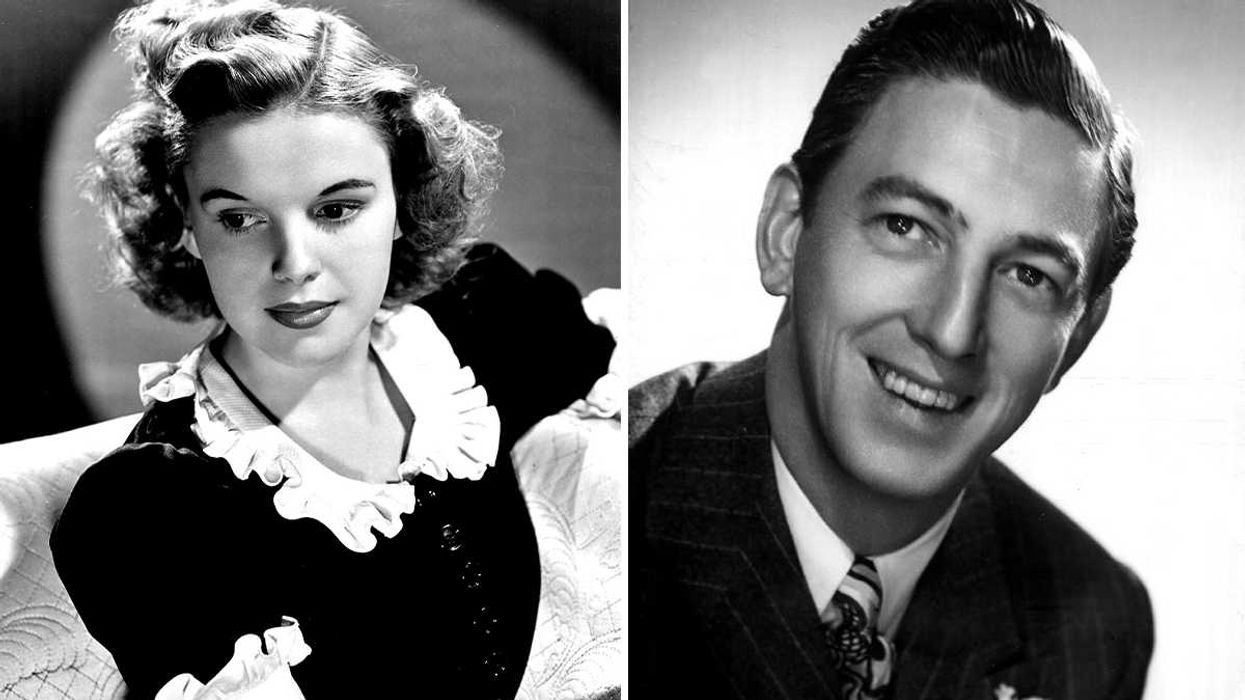




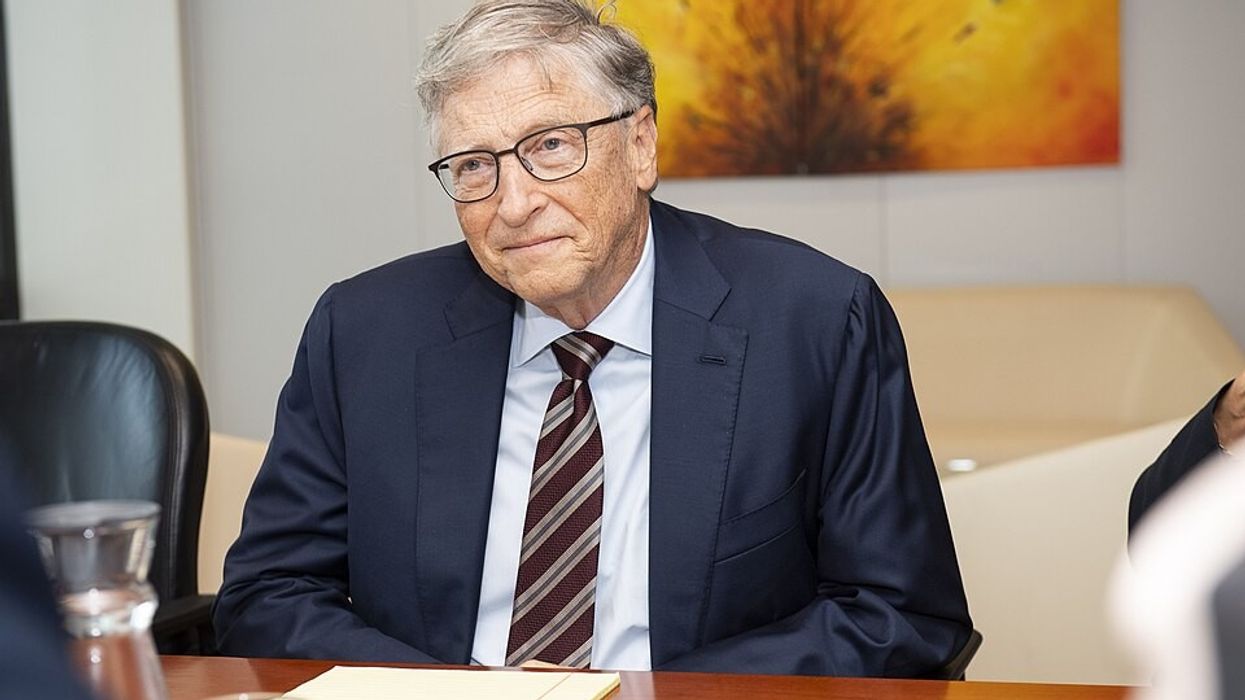

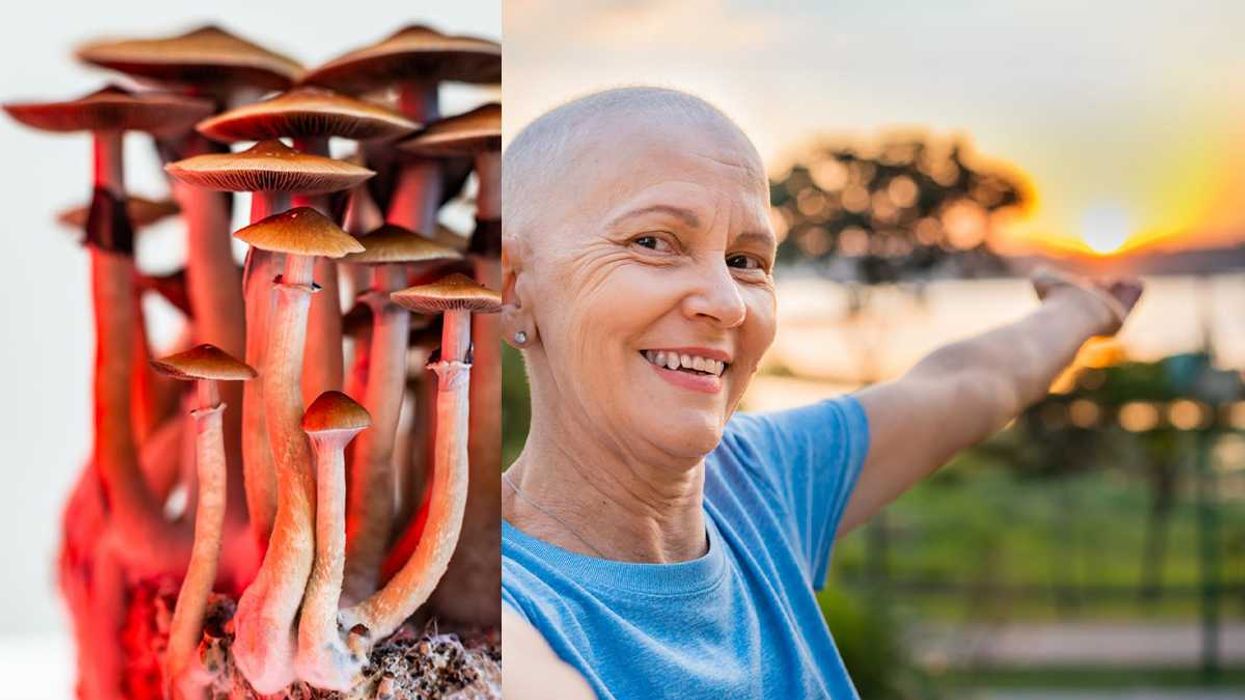
 Mushrooms containing psilocybin.Photo credit:
Mushrooms containing psilocybin.Photo credit:  Woman undergoing cancer treatments looks out the window.Photo credit:
Woman undergoing cancer treatments looks out the window.Photo credit: 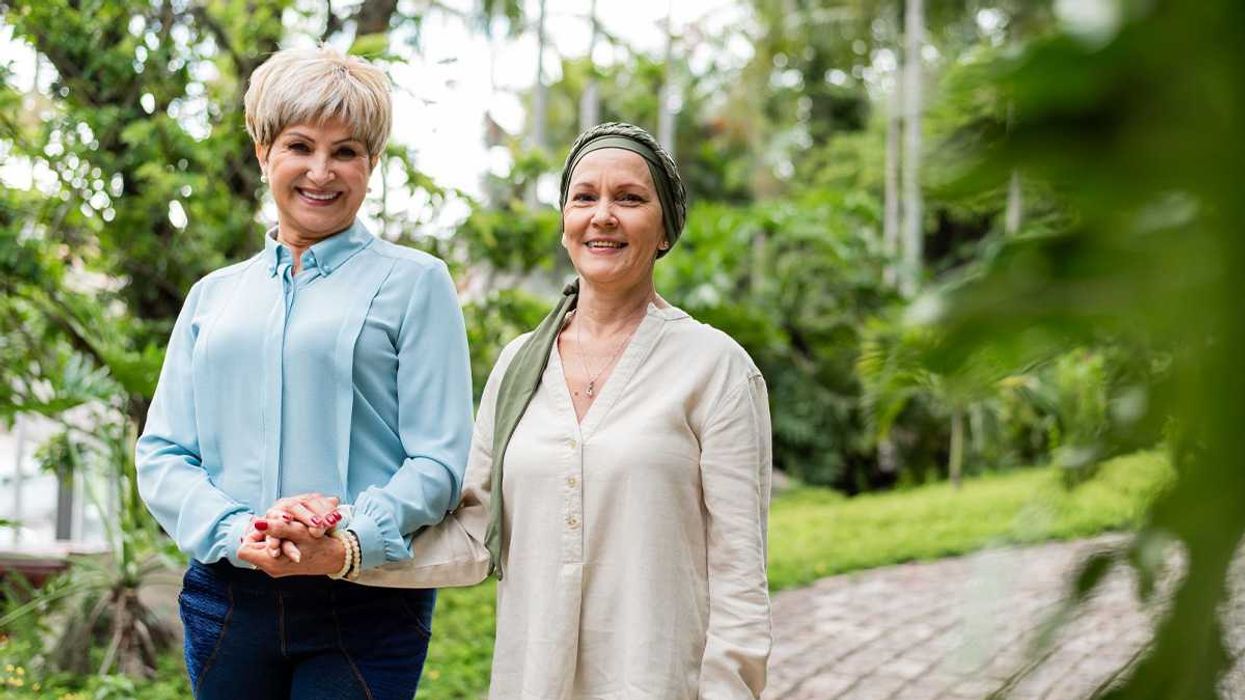 Friend and patient on a walk.Photo credit:
Friend and patient on a walk.Photo credit: 


